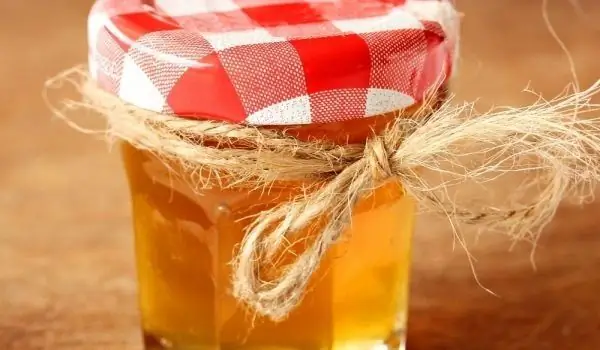2025 Author: Jasmine Walkman | [email protected]. Last modified: 2025-01-23 10:18
A year ago, Europe was rocked by the horsemeat scandal offered for beef. As a result, and due to a number of other infringements, Brussels is prepared with stricter rules on product labeling. In relation to them, the labels must already indicate where the animals from which the meat was obtained have been kept.
The new regulation was promulgated on December 13, 2013. It concerns the labeling of fresh, chilled and frozen meat of pigs, sheep, goats and poultry. Similar rules will soon be announced for beef. Until now, only the seat of the processing company was indicated on the meat labels without information on where the raw material came from. These mandatory rules come into force on April 1, 2015.
There was a problem when the animal lived in more than one country. The case is resolved, in which case the age and weight of the animal will be considered. The one in which it has developed the most will be indicated. In addition, instead of "origin", it will say "bred in…" and list all countries in which the animal was.
Another rule concerns pigs. When the animal is slaughtered before the age of 6 months and weighs less than 80 kg, it will be necessary to indicate where the entire period of its rearing has taken place.

There are two possibilities - either to list all countries, or to indicate "Grown in several EU Member States" or "outside the EU". However, where slaughtered over 6 months of age, the country in which the pig has lived for at least 4 months shall be indicated.
And if he was slaughtered under the age of 6 months, but has a live weight of at least 80 kilos, the label will indicate the country in which he began to gain more than 30 kilograms.
In sheep and goats it is almost the same - indicates the country in which the animals have spent their last 6 months. If they have been slaughtered before, the producers will have to describe the whole growing period.

In the case of chicken and turkey, the country in which the bird has spent its last month will be indicated. If it was slaughtered earlier - the whole period will be described again.
"Slaughtered in…" will be another new inscription on the labels. It will indicate the country in which this occurred, as well as the batch code for meat identification.
The innovations will not lead to higher prices for meat, commented the industry. However, the effect will be useful for consumers, as they will know whether they eat Bulgarian or imported meat and where it comes from.
Recommended:
Moussaka: Origin And Traditions

There is no person who has not eaten moussaka, or at least is not familiar with what it is. We consider it a traditional Bulgarian dish, but in fact moussaka is an Arabic dish and even its name is borrowed from Arabic, where it is "musaqqaa"
Antipasti - Types And Origin

All peoples of the world have their own name for the appetizer: the French call it hors d'oeuvres, the Russians - breakfast, and the Spaniards have their tapas. Appetizers are considered a modern invention by restaurants, but the truth is that the history of these dishes stretches back centuries, even millennia.
They Will Now Write The Origin Of The Honey On The Label

An ordinance comes into force on June 24, obliging producers to write on the label of honey the country of origin of the product. The aim is to make consumers more informed when shopping. The chairman of the Union of Beekeepers in Bulgaria, Mihail Mihailov, is pleased with the new law, because according to him, this protects the interests of the Bulgarian producer and the customer.
Vinegar Now Only From Wine And Grapes

The National Assembly adopted at second reading a new regulation in the Wine and Spirits Act in order to protect measures against the qualities of vinegar. It states that the name "vinegar" can only be used to denote products obtained by carrying out acetic acid fermentation of products from grapes, wine, fruit wines and water-alcohol mixtures.
The Students' Food Will Now Be Only By State Standard

From today, all schools in the country will be obliged to deliver food according to the Bulgarian state standard. The chairs had a grace period of one year to clear their warehouses of old food. November 3, 2016 was the deadline and from today begins the supply of only products according to state standards.

